For the past twenty years, the issue of Indian kingship has attracted the attention of many historians, including Burton Stein and Hermann Kulke. The ‘segmentary’ state theory put forward by Stein opened the way for introducing anthropological analysis into the Indian state studies by taking up the ‘ritual’ sovereignty for discussion. Nicholas Driks and others have joined the discussion creating a lively polemic on the Indian Kingship. The main thrust of their study seems to revive A.M. Hocart, who placed the king at the pinnacle of society in terms of the gift-giving and receiving system, by criticizing Louis Dumont for his subordinating the king to Brahmins in terms of the pure/impure opposition. These recent historico-anthropological or ethno-historical studies have added to our knowledge on Indian kingship and advanced the study of Indian state and society. However, a number of problems have also emerged from these studies, inviting a more careful investigation of the issue. Principal among these seems to be the blurring or loosing of the historical perspective in these studies with changes in the meaning and function of kingship having been ignored, which is conspicuously seen in Stein’s theoretical works. Thus, the purpose of this collection of essays is to correct this tendency by giving more emphasis to the ‘political sovereignty of the king. This collection of nine essays by Japanese scholars is expected to contribute notably through its provision of empirical explorations in conjunction with added stimulus for impelling inquiry into the recent polemics concerning the Indian kingship.
A Concise History of South India: Issues and Interpretations
Investigating the region's ...
$55.80
$62.00

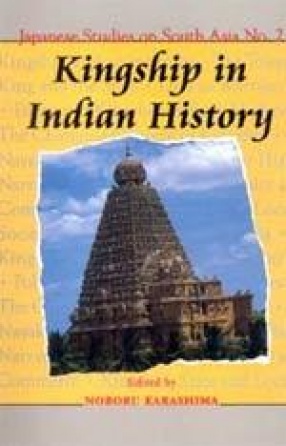
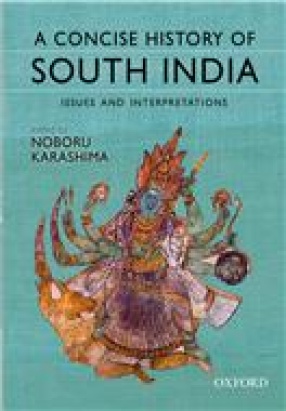
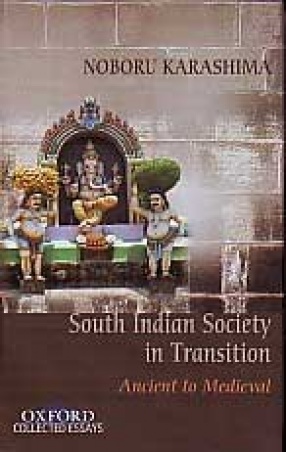
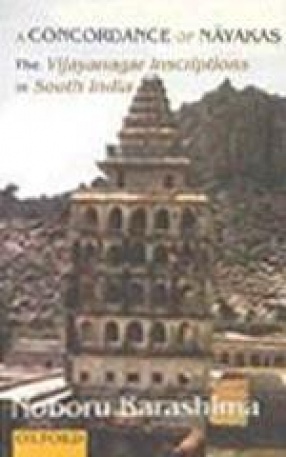


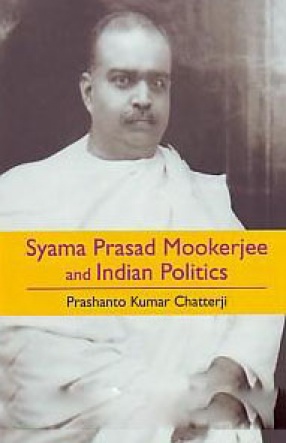
There are no reviews yet.